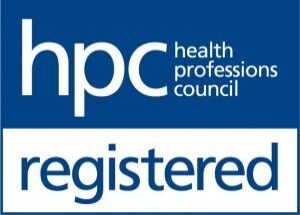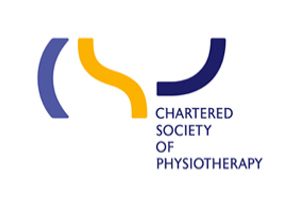
posted 27th July 2023
How Pulmonary Fibrosis Physiotherapy Supports Breathing in London and Essex
What is pulmonary fibrosis?
Pulmonary fibrosis translates to ‘scarring in the lungs.’ This scarring makes your lungs stiff and less efficient at delivering oxygen into the blood. This stiffness also makes it more difficult to expand your lungs. This can result in requiring more effort to breathe and increased energy demand.What are common symptoms?
- Shortness of breath
- Persistent, dry cough
- Fatigue or tiredness
- Loss of appetite as well as weight loss
- Rounded and swollen fingertips
- Aching muscles or joints
What are the main causes?
- Smoking can cause some specific kinds of pulmonary fibrosis.
- Being exposed to certain types of toxins such as coal dust, asbestos, coal dust or silica.
- Being exposed to allergens in the air such as mould and bird feathers.
- A viral or bacterial infection.
- Certain medications such as amiodarone, bleomycin, nitrofurantoin, to name a few, list pulmonary fibrosis as a side-effect.
How common is it?
Pulmonary fibrosis affects around 70,000 people in the UK.What is my prognosis?
Symptoms often start with a chronic dry cough. As the disease progresses, shortness of breath on exertion becomes apparent, which can lead to a decrease in exercise tolerance and result in you doing less. Inactivity leads to deconditioning, which worsens symptoms.Predicting prognosis can be difficult as everyone is individual. Some people stay stable for years, while others experience rapidly worsening symptoms.
How is it treated?
Once lung scarring occurs, it cannot be reversed. There is no cure for existing fibrosis. However, you can help yourself by maintaining a healthy lifestyle and working closely with your healthcare team. Below are some tips of things you can do to control symptoms.If a specific allergen has been identified, avoiding exposure is key. Any drugs causing problems with your lungs should be stopped. If you smoke, it is also recommended you reach out to a team for support with cessation.
Medications aim to stabilise or slow down the rate of scarring in the lungs. During a chest infection, you may require antibiotics. Sometimes, these are kept in a rescue pack at home so they can be taken as soon as possible.
If your oxygen levels fall below a certain percentage, your team may refer you for an assessment for oxygen therapy. Using oxygen is a way of keeping more active and, sometimes people use it during rest too.
Occasionally, having a lung transplant might be an option if the condition isn’t stabilised by treatment. Transplants are rare.
Will I benefit from Physiotherapy?
A Respiratory Physiotherapist can create a bespoke pulmonary rehabilitation programme. This is an important way to help you cope with breathlessness. The programme aims to increase your fitness and ability to cope with breathlessness. The programme often starts off with the supervision of a physiotherapist or nurse. It is recommended to continue with the principles of pulmonary rehabilitation lifelong. Once you start the programme, you may find you can walk further, feel less breathless and generally feel more positive.A Respiratory Physiotherapist can also recommend the appropriate breathing techniques or devices for you. They will recommend the frequency of use of these too.
Booking an Appointment
If you would like to find out more about Estuary Physios pulmonary fibrosis service, please get in touch with us today and speak with one of our clinicians or book an appointment using the button below.Other conditions we treat:
We understand that our clients often have a range of medical conditions. Our therapists have a broad range of backgrounds. For example, coughing may lead to additional strain on the neck. We have specialist musculoskeletal therapists who can work alongside a respiratory Physiotherapist to get the best results. Here are some other conditions we treat here at Estuary Physio:Helpful resources:
NHS - Stop Smoking ServicesPumonaryfibrosis.org - Pulmonary Fibrosis
See also our pages on Chest & Breathing page, and our blog on How an Initial Physiotherapy Assessment Sets the Stage for Recovery article





